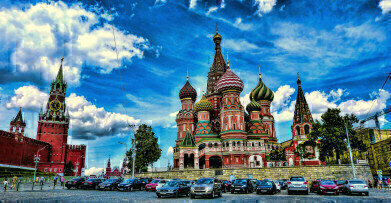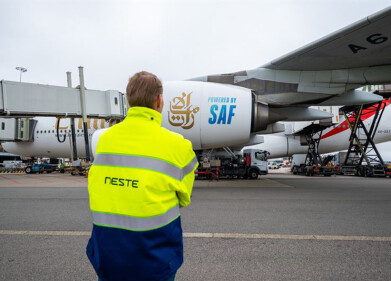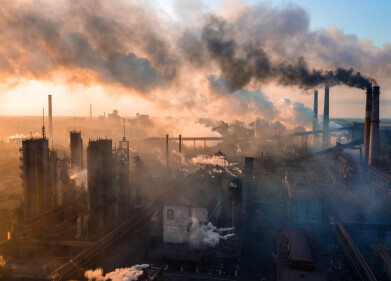Fuel for Thought
Will Russia Control 73% of the World’s Oil Supply?
Mar 08 2016
From the biggest superpower on the planet to a nation whose economy is now ranked "somewhere behind Spain" according to the White House, Russia has experienced an existence of ups and downs. Now, oil analysts are predicting that in the wake of forming a new cartel, it could emerge as a key controller of the world’s oil supply.
In a master stroke, Russia teamed up with Qatar, Saudi Arabia and Venezuela to form an alliance that could trigger geopolitical fallout. The initial formation took place on February 16, with a second follow up assembly set to be held in mid-March. This will see attendance from a larger group of participating countries, as Russia attempts to build a consensus. Regardless of how big or small its union, Russia will succeed in strengthening its leadership position, and boosting its influence on global oil prices.
Is ‘ROPEC’ a real risk?
So what does this mean as far as control over the world’s oil supply is concerned? Up until now, Saudi Arabia has called the majority of the shots when it comes to crude oil prices. Though in the aftermath of global price drops triggered by the US shale revolution, its power has been diminishing. Now, smaller OPEC nations are rallying for a production cut in a bid to boost support prices, and Russia has stepped up as their leader. Backed with formidable military power, Russia is on-track to emerge as the de facto leader of oil producing nations in an attempt to stabilise global prices.
With US-Saudi relations deteriorating, and Russia supporting Syrian leader Bashar al-Assad, it’s opened up a new window of opportunity for the world’s largest nation to ally with the second biggest oil producer on the planet. If this materialises, Russia could be crowned as the regulator of 73% of the world’s oil supply.
A new market for global oil trade?
Interestingly, pre-emptive preparation has gone hand in hand with plans to move away from the use of Petrodollars, and instead trade with local currencies. It’s a clever move from Russia, and could well see it surface as an unexpected, yet intimidating power within the oil and gas sector.
Should Russia emerge as the regulator of 73% of the world’s oil, it will need to develop an in-depth understanding of the industry. No doubt its natural resources and environmental departments will be vying to clue themselves on responsible exploration and extraction. For more information on the latest research into environmental issues within the oil and gas sector, ‘Modern Hexane-Extractable (Oil & Grease) Analysis of Wastewater Samples’ is an interesting read.
Image via Flickr Creative Commons. Photo credits: Mariano Mentel
Digital Edition
PIN 25.1 Feb/March
March 2024
In This Edition Safety - The technology behind the ION Science Tiger XT - Safety with ammonia and LOHCs as hydrogen carriers Analytical Instrumentation - Discussion on new tribology te...
View all digital editions
Events
Apr 22 2024 Hannover, Germany
Apr 22 2024 Marrakech, Morroco
Apr 22 2024 Muscat, Oman
Apr 22 2024 Rotterdam, Netherlands
Apr 23 2024 Singapore


















